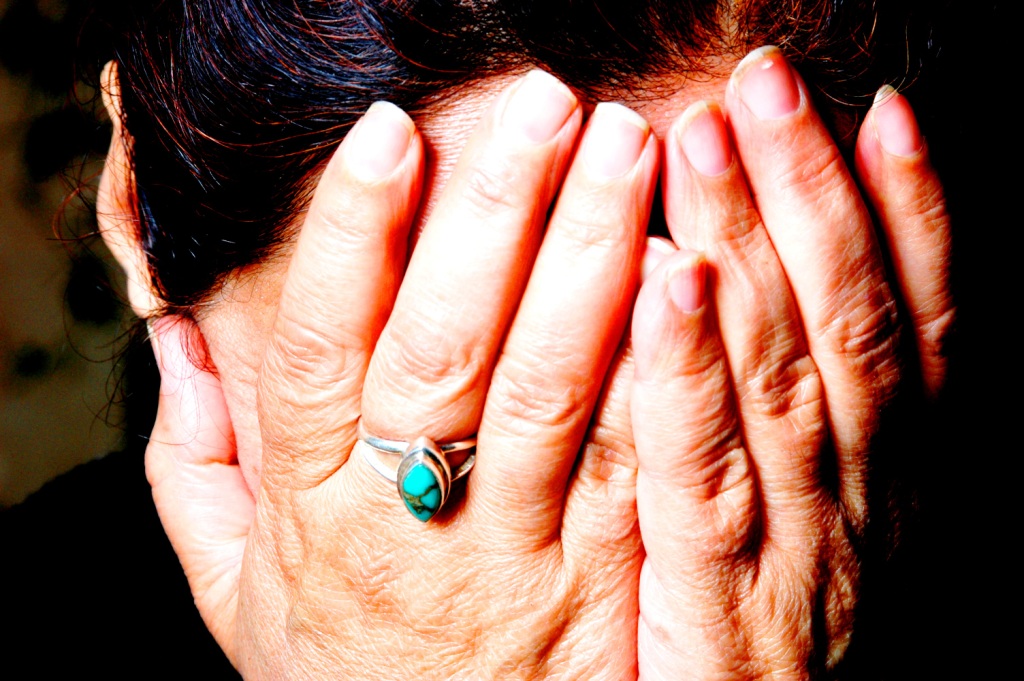Deadlines. Speaking in public. Buying Christmas presents. Peak hour traffic. An unsatisfying job. Financial problems. Relationship woes. These are just a few examples of things that cause stress in our lives.
Before I go any further, it should be pointed out that stress can be a positive. Often, as in the example of a student sitting an exam, it will increase our performance. Also stressful events – a wedding, a new baby, or a new house – can change our lives for the better.
Despite these potential positives, stress can harm your health, emotional well-being, and relationships with others. The signs and symptoms of stress will vary depending on the person, but some examples are: headache, fatigue,muscle tension and pain, depression, anger, worry, impatience, memory loss, poor sense of humour, fidgeting, over-eating, smoking, drinking and drug abuse.
So what can we do to reduce stress in our lives? The following are 7 helpful stress relief strategies:
1. Have Realistic Expectations: many of us set unrealistic expectations for ourselves and others. Setting high expectations may in some instances increase performance, but if these expectations are set too high they become unrealistic and will cause unnecessary stress.
2. Get Active: exercise can reduce stress through its release of endorphins, the body’s natural antidepressant hormone. Jogging, swimming and other aerobic activities help us to dissipate excess energy that would otherwise be bottled up inside.
3. Be Prepared: stress is often caused by a particular situation we are in. Many people, for example, have a fear of public speaking. An effective strategy is to prepare well in advance. Ways to do this may include visiting the location ahead of time to familiarise yourself with it and rehearsing your speech in front of a family member or friend. In the longer term you may want to join a Toastmasters group to overcome the fear of public speaking.
4. Take Breaks Each Day: many of us work in a fast-paced environment and its easy not to notice the signs that its time to rest. We can pace ourselves throughout the day by monitoring our levels of stress and energy, and taking breaks when we need them. Think of the way in which children need their naps in order to behave well. Whenever possible I like to go outside to the park on my lunchbreak to clear my head.
5. Limit the Caffeine: symptoms of stress and anxiety can be related to excessive amounts of caffeine in your body. Most people get the bulk of their caffeine from drinking coffee. I try to limit myself to drinking one cup of coffee each day when I first wake up. I find that if I have another cup later in the day it makes me distracted and anxious. Reducing your caffeine will also help you sleep better and actually have more energy.
6. Get Enough Sleep: many people do not get a good night’s sleep on a regular basis. Seven to eight hours each night is the amount of sleep generally recommended, although it varies from person to person. You will know when you are getting enough sleep when you start waking refreshed each morning (often naturally before the alarm goes off) and notice more energy throughout the day.
7. Balance Work and Play: people who never allow themselves leisure time will experience greater levels of stress. Don’t feel guilty about having some personal time – we each need time for exercise, relaxation, entertainment, and hobbies.
Well there you go. If you are experiencing any signs or symptoms of negative stress I suggest giving the above tips a go. Hopefully you will start to feel as free and easy as this person to the right :) .
Photo by Fatima Abdul






Thanks for the brilliant share, Peter. I so agree with your first point about having realistic expectations. While it’s great to be ambitious, being overambitious can lead to stress and pressure. One needs to prioritize correctly, considering emotional, physiological and financial well-being.